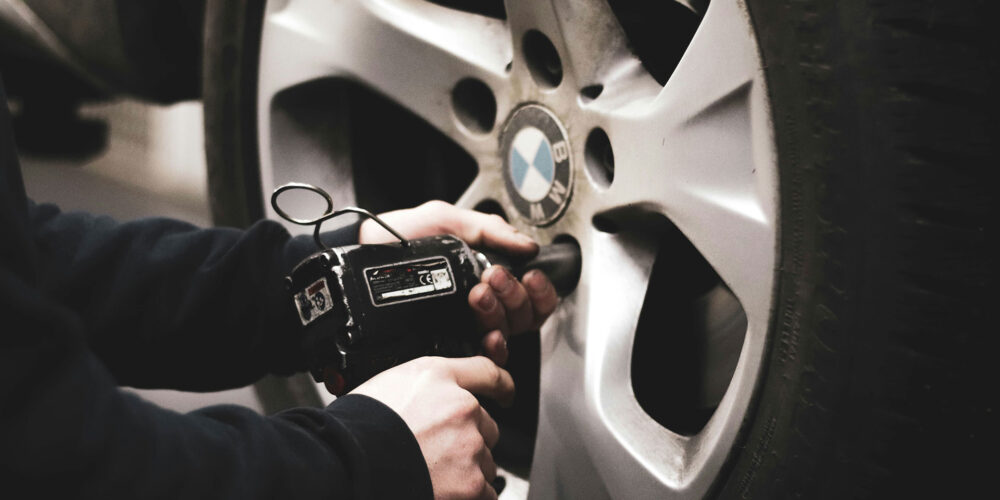When it comes to car servicing and repairs, one of the most common dilemmas UK drivers face is choosing between a main dealer and an independent garage. On the surface, main dealers might seem like the safer or more professional option. After all, they’re directly tied to the vehicle manufacturer. But are they always the best choice? The answer isn’t so straightforward.
Understanding what you gain and what you potentially lose by opting for either a main dealer or an independent specialist can make a big difference to your long-term costs, your car’s performance, and even your peace of mind. Here’s a look at the pros and cons of both sides of the debate.
The Main Dealer Advantage
Main dealers do have a few strong selling points. They are trained by the manufacturer, have access to official tools and diagnostics, and often use genuine parts sourced directly from the brand. If your car is still under warranty or you’ve purchased a service package from the manufacturer, going to a dealer can make sense.
Dealers also typically have direct access to your vehicle’s digital service history (DSR), which they can update automatically. This can be useful if you’re planning to sell the car through a dealership or want to ensure everything is logged without having to request it manually.
In theory, choosing a main dealer gives you brand continuity and the peace of mind that your vehicle is being handled exactly to the manufacturer’s specifications. However, this doesn’t always guarantee the best customer experience or the best value for money.
The Cost of Convenience
One of the biggest criticisms of main dealers is price. Labour rates at franchised dealerships can often be significantly higher than those at independent garages, particularly in urban areas. A routine car service can cost hundreds more, even when the work being carried out is identical.
You might also find that main dealers lean heavily on manufacturer schedules and recommendations, even when a tailored approach would be more suitable. This means you could be paying for services or parts that aren’t strictly necessary based on your driving habits or vehicle use.
Some dealerships also push for upselling, recommending additional inspections, top-ups, or add-ons during routine maintenance visits. While some of these may be worthwhile, others can feel like pressure tactics rather than honest advice.
What Independent Garages Bring to the Table
Independent garages, especially those that specialise in particular makes or models, can offer a level of attention and personal service that rivals (and sometimes exceeds) that of main dealers. Many technicians are ex-dealer employees who bring their expertise to more cost-conscious customers.
A key advantage of independent garages is flexibility. Rather than being bound to rigid service schedules, they can adapt recommendations based on your vehicle’s condition, mileage, and how it’s driven. This can save money without compromising on quality or safety.
Cost savings are often substantial. Labour rates are generally lower, and some independents offer parts at a discount or give you the option to choose between OEM (original equipment manufacturer) parts and high-quality manufacturer warranty-approved alternatives.
Independent garages can also now access many manufacturers’ DSR systems and diagnostics. This means that choosing an independent doesn’t necessarily mean losing out on record-keeping or software support.
Warranty and Legal Considerations
A common myth is that using an independent garage will void your manufacturer’s warranty. This hasn’t been true since the introduction of the EU Block Exemption Regulation, which the UK still recognises in its post-Brexit framework. As long as the garage uses approved parts and follows the manufacturer’s service schedule, your warranty remains intact.
That said, if your vehicle is covered by a prepaid service plan tied to a dealership, you may need to continue using the dealer to get your money’s worth. But once you’re outside that period, there’s no legal or mechanical reason you have to stay with them.
Customer Service and Trust
Customer experience can vary widely across both sectors. While some main dealers offer modern facilities and slick service desks, others fall short on communication and personal attention. Independents, on the other hand, often build long-standing relationships with customers and offer a more transparent, human approach.
Review sites and platforms like Trustpilot have made it easier than ever to compare experiences. It’s worth checking independent feedback before committing to any garage, regardless of whether it’s a dealer or not.
A Matter of Fit
Choosing between a main dealer and an independent is ultimately about what you value most. If you’re looking for a full brand experience, sticking with the dealer might make sense. But if you’re more concerned about saving money, getting tailored advice, or working with a garage that offers better flexibility and transparency, a reputable independent is often the better bet.
There’s no one-size-fits-all answer. Some drivers are happy to pay more for perceived prestige and convenience, while others see little benefit in doing so. As long as your car is serviced correctly, with quality parts and documented records, both paths can lead to excellent results.
Smart Servicing Isn’t About the Logo
The best servicing decision isn’t necessarily about sticking to a badge; it’s about knowing what you’re getting for your money. Independent garages prove that high standards, technical expertise, and affordability can go hand-in-hand. As more drivers become informed consumers, the notion that “main dealer equals better” is being rightfully challenged.
Whether you’re driving a high-spec German saloon, a city hatchback, or a plug-in hybrid, what’s most important is finding a garage that respects both your car and your budget, and delivers on both.

